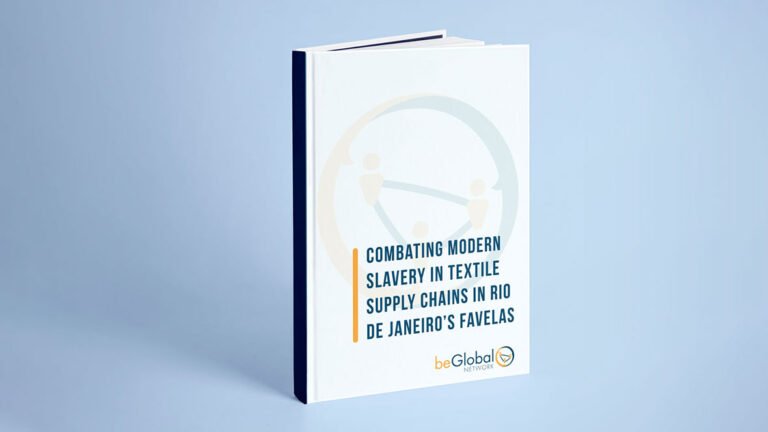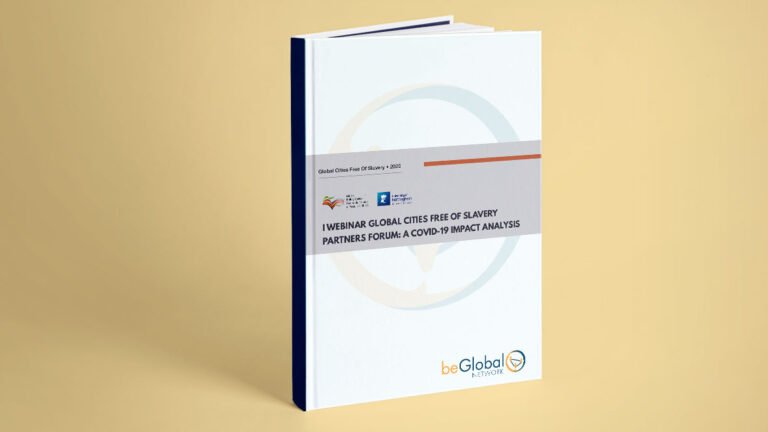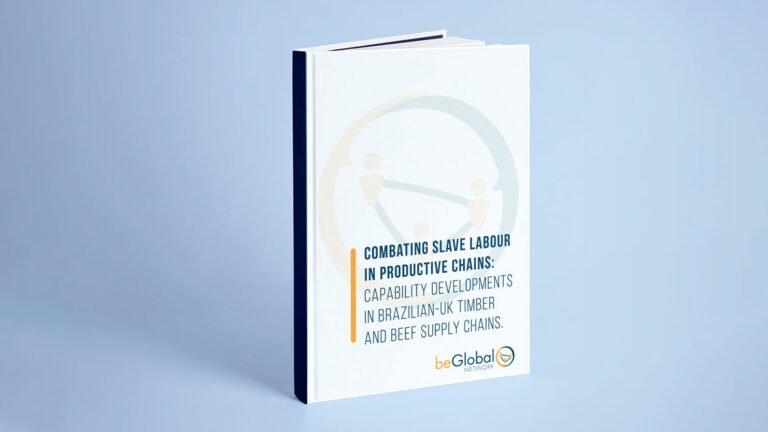The thesis discusses the public policies and methodological challenges to fight human trafficking in Brazil, as well as the inability to monitor the crime at a global level when presenting greater risk of hindering the implementation of these strategies in all its spheres, whether they are: awareness, investigation or criminalization. Therefore, the inability to solve the problem itself creates restlessness and a desire for a change. In this line of thought, the thesis proposes a dialogue with the main actors in the anti-TIP agenda to try to align speeches and identify similar difficulties to think of alternatives to fight the problem.

Heloisa Gama
BRICS Policy Center / Pontifical Catholic University of Rio
Rio de Janeiro



